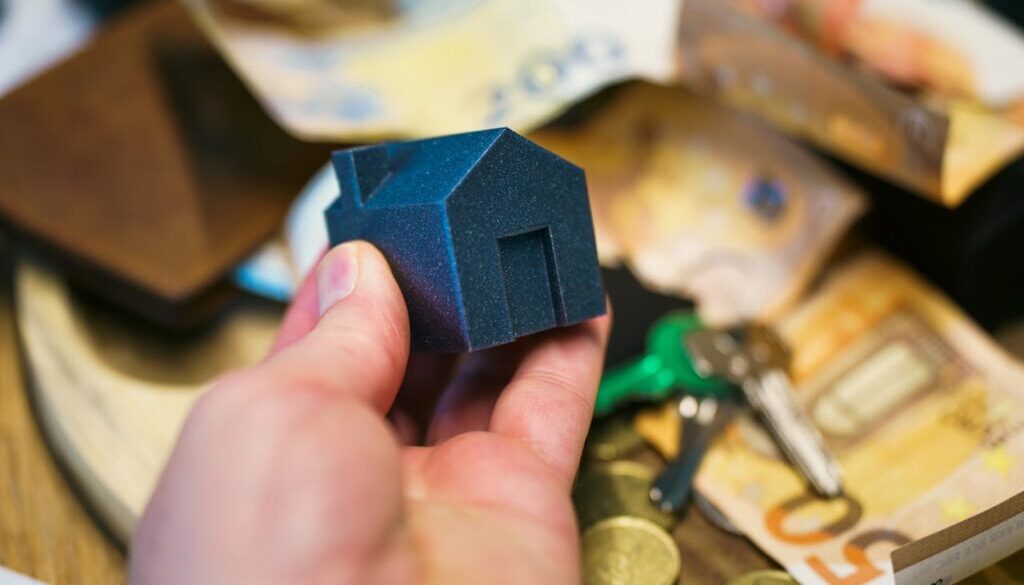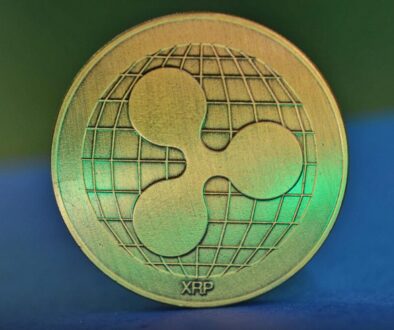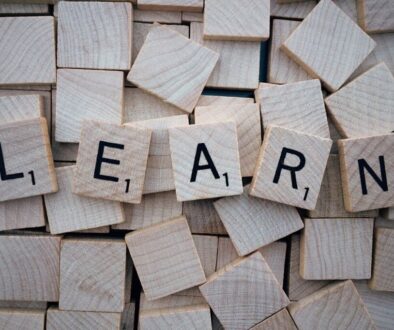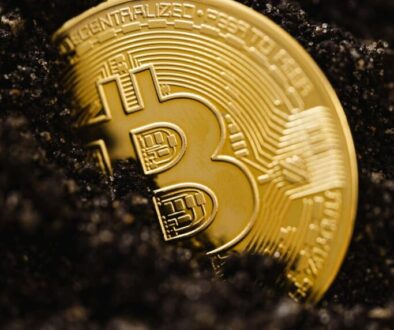The future of investing is on-chain. From luxury apartments in New York to gold bullion and corporate bonds, real-world assets (RWAs) are being tokenized and brought onto the blockchain. This shift is not just revolutionary—it’s already reshaping how we invest, trade, and generate wealth.
🧠 “Everything that can be tokenized will be tokenized.”
— Balaji Srinivasan, Former CTO of Coinbase
🔍 What Are Real-World Assets (RWAs)?
Real-world assets refer to physical or traditional financial assets such as:
- 🏠 Real estate (residential & commercial)
- 💵 Bonds and securities
- 🛢️ Commodities (gold, oil, etc.)
- 🎨 Artwork and collectibles
When these assets are tokenized, they are digitally represented on a blockchain, making them tradable, divisible, and accessible like cryptocurrencies such as Bitcoin or Ethereum.
💡 Why Tokenize RWAs?
✅ 1. Fractional Ownership
Tokenization allows investors to own a fraction of a luxury condo or fine art piece—without needing millions in the bank.
🔄 2. 24/7 Liquidity
Markets never sleep. Tokenized RWAs can be traded 24/7, unlike traditional assets which are often locked into business hours.
🌐 3. Global Accessibility
Anyone with an internet connection and digital wallet can invest—removing barriers created by geography or bureaucracy.
🔐 4. Transparency & Security
Smart contracts ensure automated compliance, secure transactions, and visible audit trails on public ledgers.
🏘️ Tokenized Real Estate: Own a Piece of the World
Imagine owning part of a Miami beachfront property or a hotel in Tokyo—all through your smartphone.
Platforms like:
…are already enabling this with fully compliant tokenized real estate investments starting as low as $50.
🔗 Related read on our site: Top 5 Crypto Real Estate Platforms Reviewed
💰 Bonds & Securities: Traditional Meets Digital
Institutions like BlackRock and Franklin Templeton are bringing bond funds on-chain, allowing real-time settlement and improved efficiency.
For example, in 2023:
📢 “The tokenization of money market funds is the next logical evolution.”
— Larry Fink, CEO of BlackRock
Tokenized U.S. Treasury bonds on Ethereum are now a reality, providing yield-bearing, low-risk investments to a broader crypto-savvy audience.
⚖️ Regulatory Landscape: Is It Legal?
Tokenizing RWAs requires strict compliance with financial regulations, including:
- KYC/AML requirements
- Securities laws (SEC in the U.S.)
- Local real estate and ownership laws
That’s why many platforms use permissioned blockchains or hybrid solutions for compliance while maintaining the benefits of decentralization.
🔗 Blockchain Projects Leading the RWA Revolution
Here are some notable projects:
| Project | Asset Type | Blockchain |
|---|---|---|
| Centrifuge | Invoices, loans | Polkadot |
| Maple Finance | Private credit | Ethereum, Solana |
| Ondo Finance | Bonds, Treasuries | Ethereum |
| Tangible | Real estate, gold | Polygon |
These projects are integrating DeFi and TradFi (traditional finance) in unprecedented ways.
🌟 Benefits for Investors
- Diversification: Gain access to traditionally illiquid assets.
- Stability: RWAs provide counterbalance during crypto volatility.
- Yield Generation: Earn passive income from tokenized real estate, invoice factoring, or government bonds.
🚀 How to Get Started
- Choose a platform like RealT, Ondo, or Maple
- Complete KYC and fund your digital wallet
- Start small—invest $50 or $100 in tokenized assets
- Track performance and earnings directly on-chain
📈 The Future of Tokenized RWAs
With over $2 billion in RWAs already tokenized and predictions of $16 trillion by 2030 (according to BCG), this trend is not just hype—it’s a seismic shift in finance.
🔮 “Tokenization of real-world assets will be the biggest disruptor to traditional finance in the next decade.”
— Cathie Wood, CEO of ARK Invest
🧭 Conclusion
The fusion of blockchain technology and real-world assets is unlocking new investment frontiers. Whether you’re a retail investor or institution, the tokenized economy is opening doors to inclusive, global, and efficient wealth generation.




